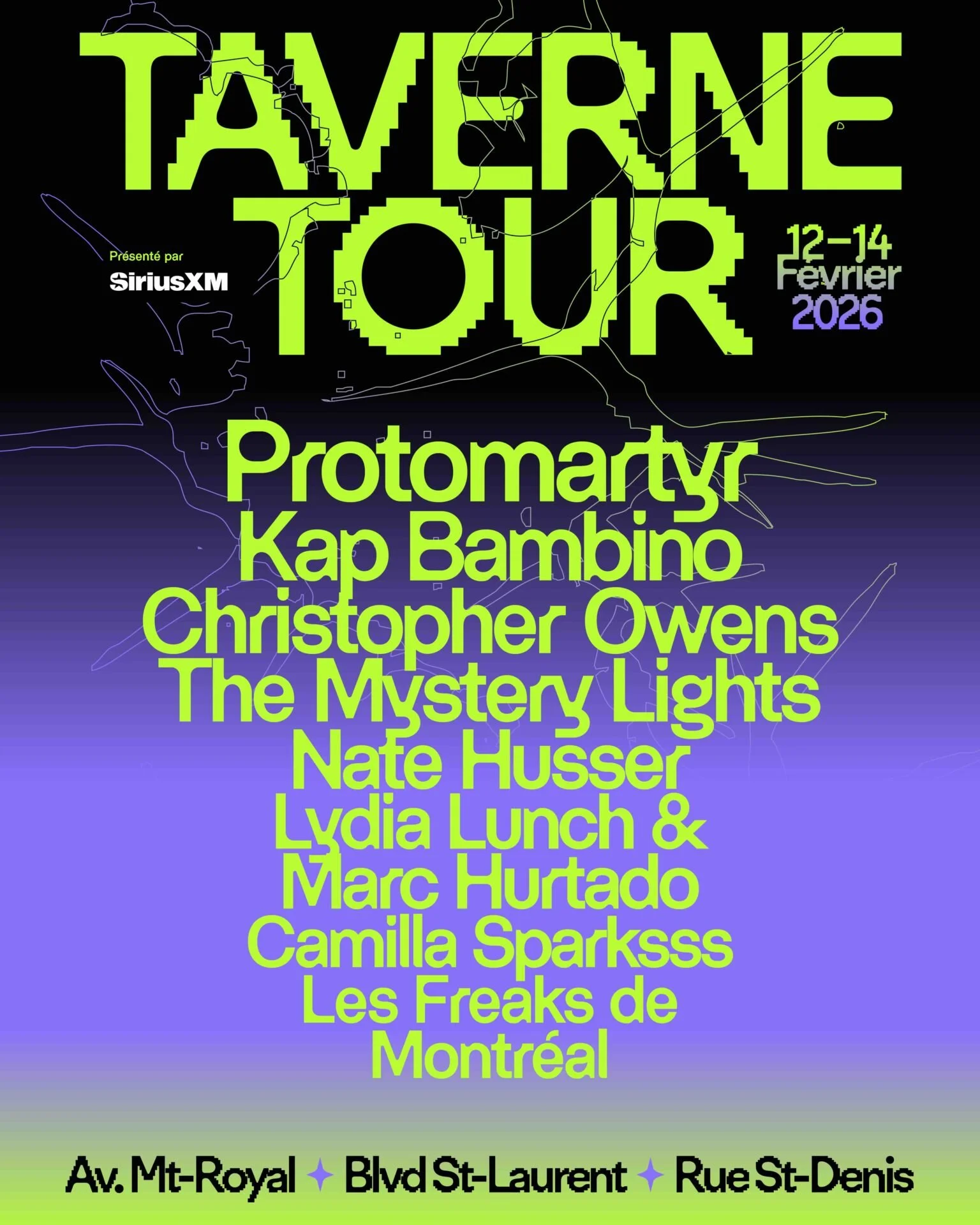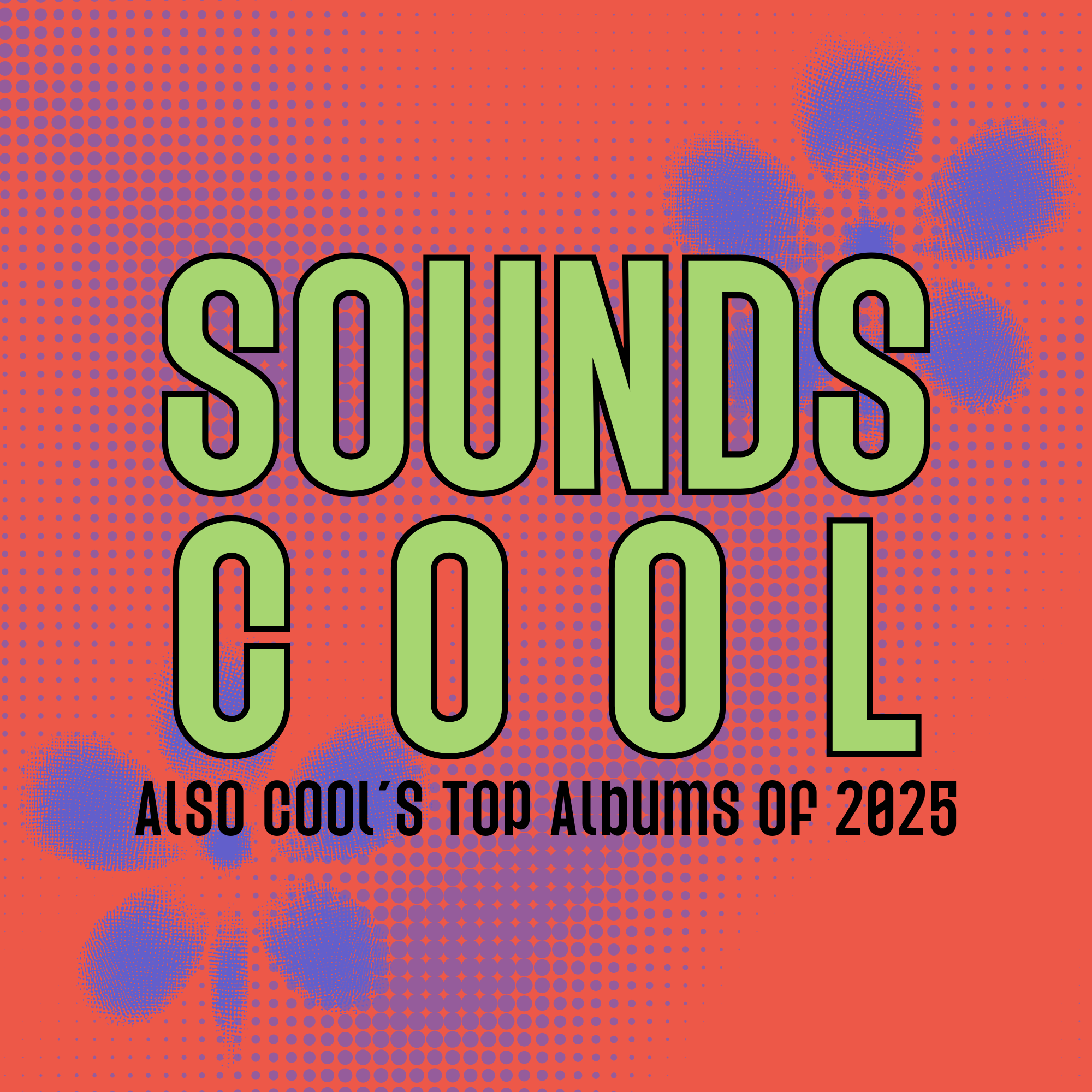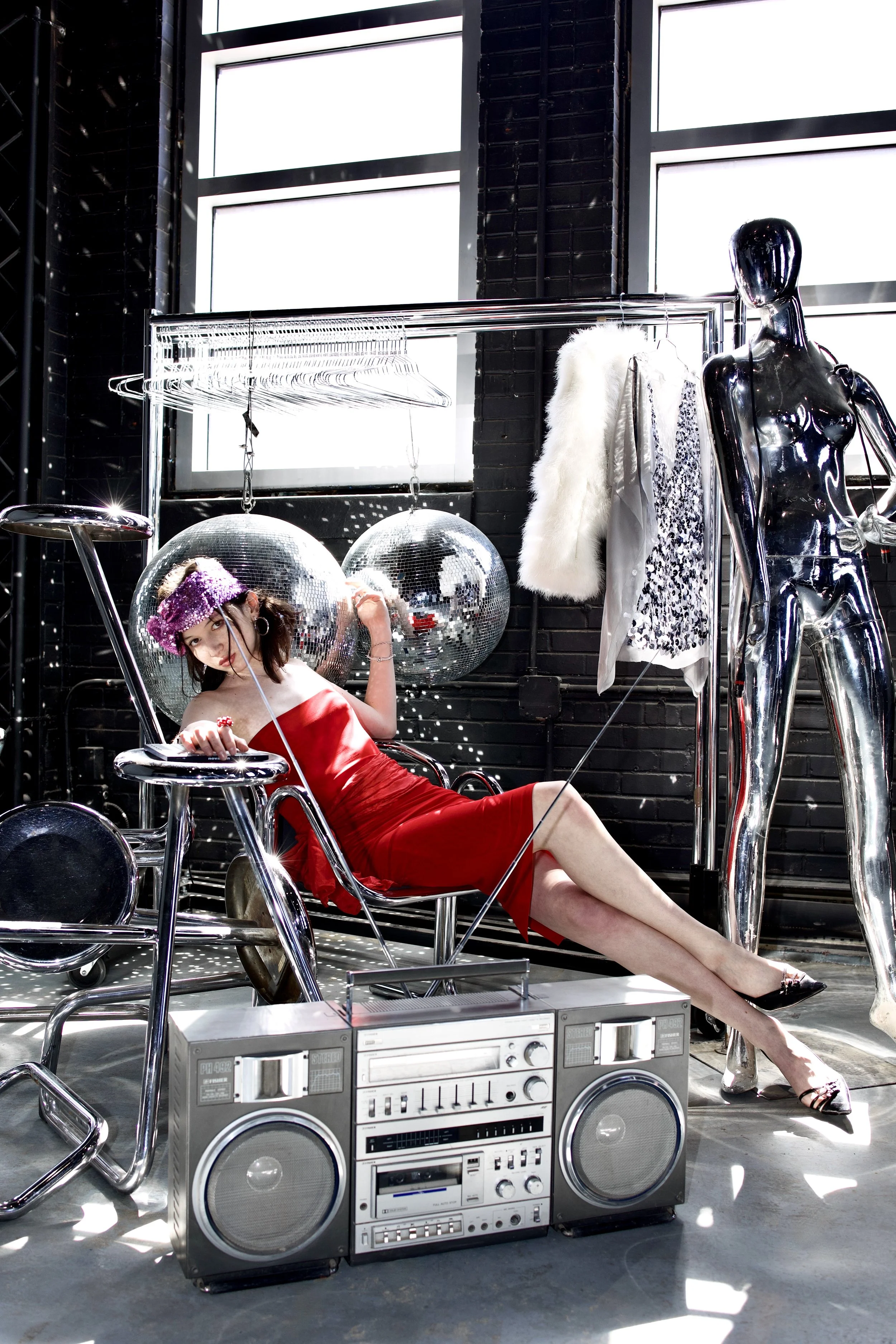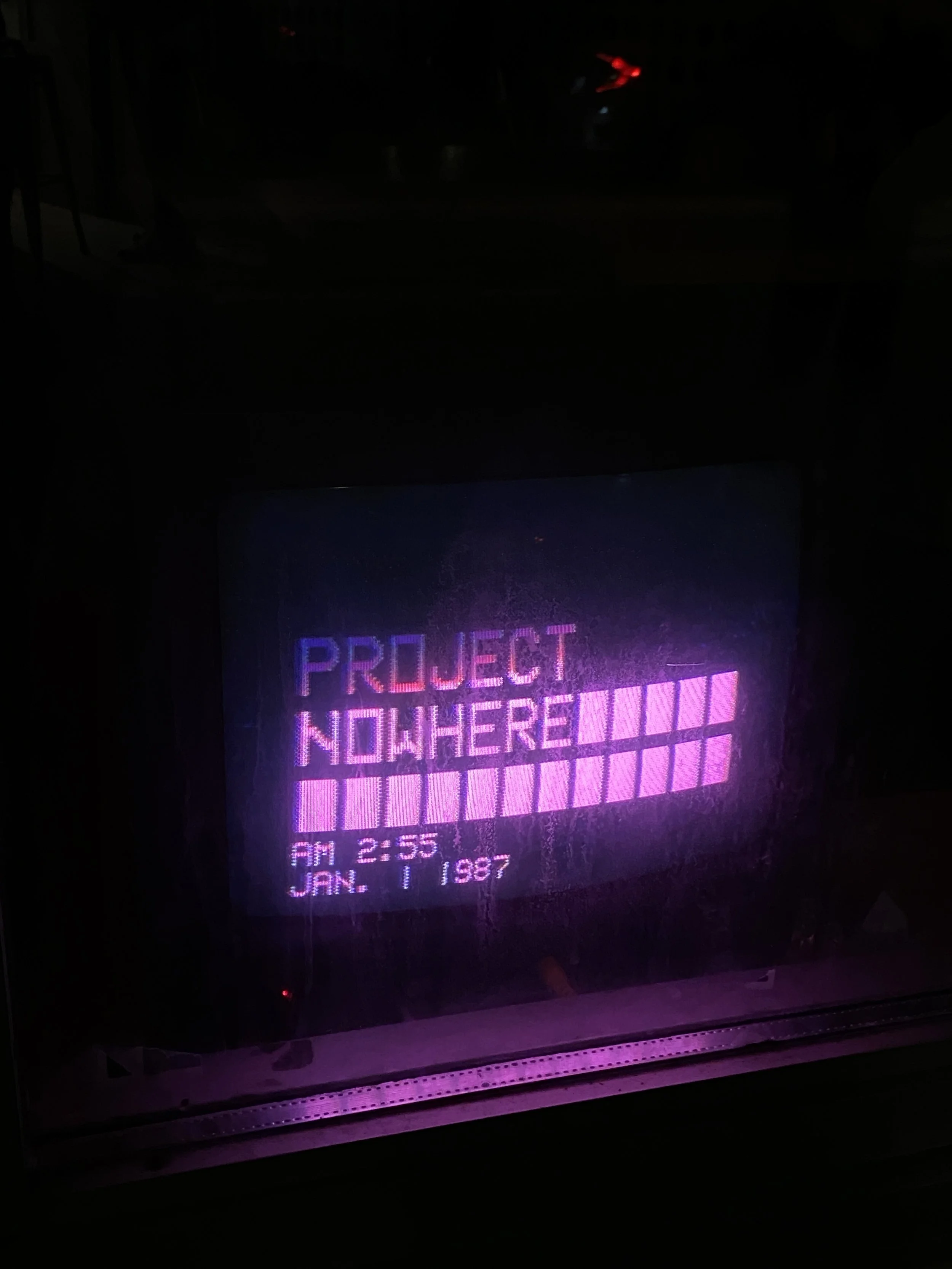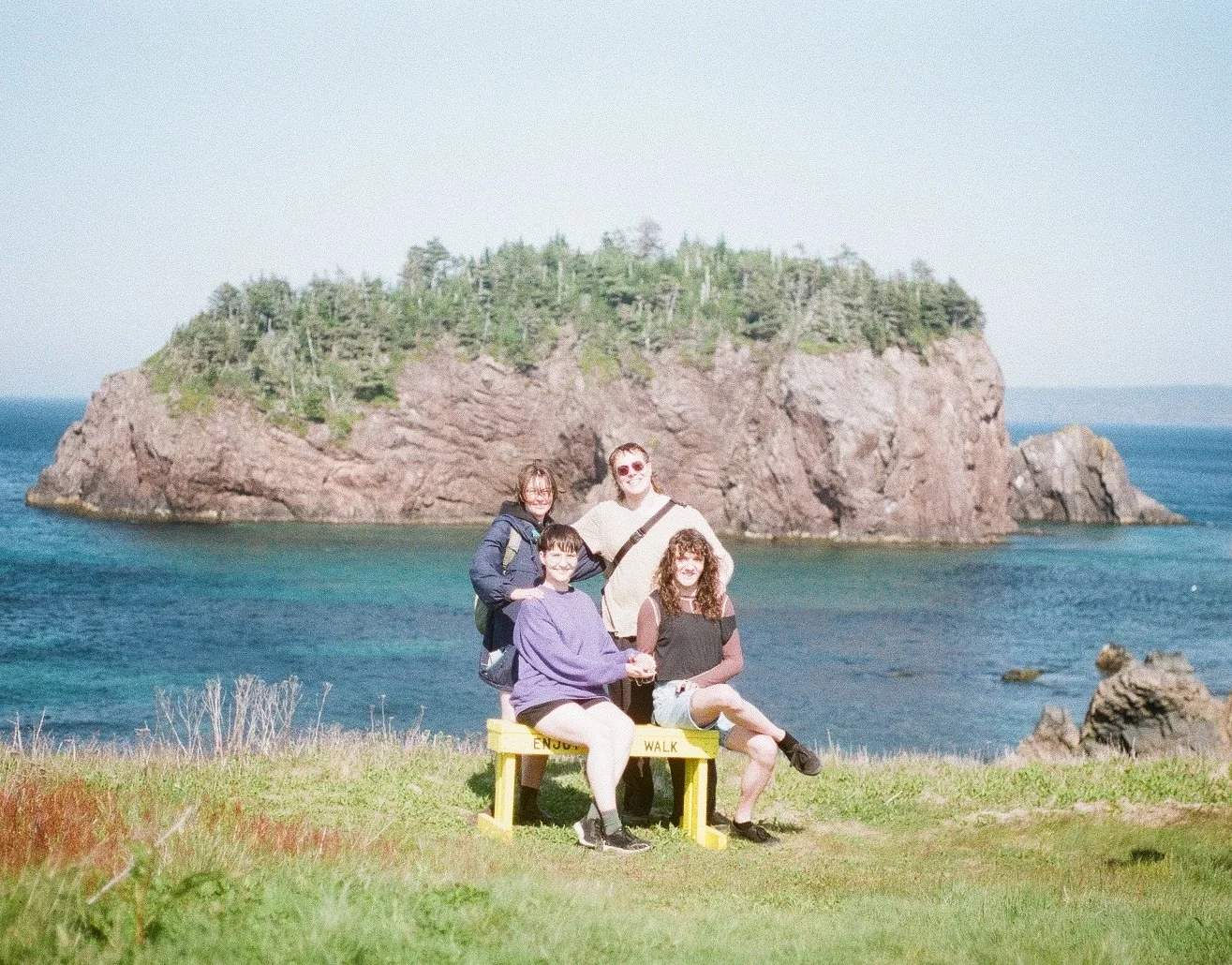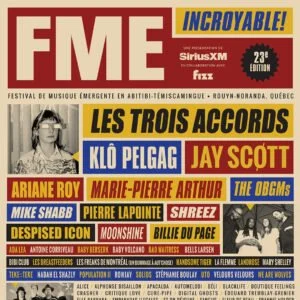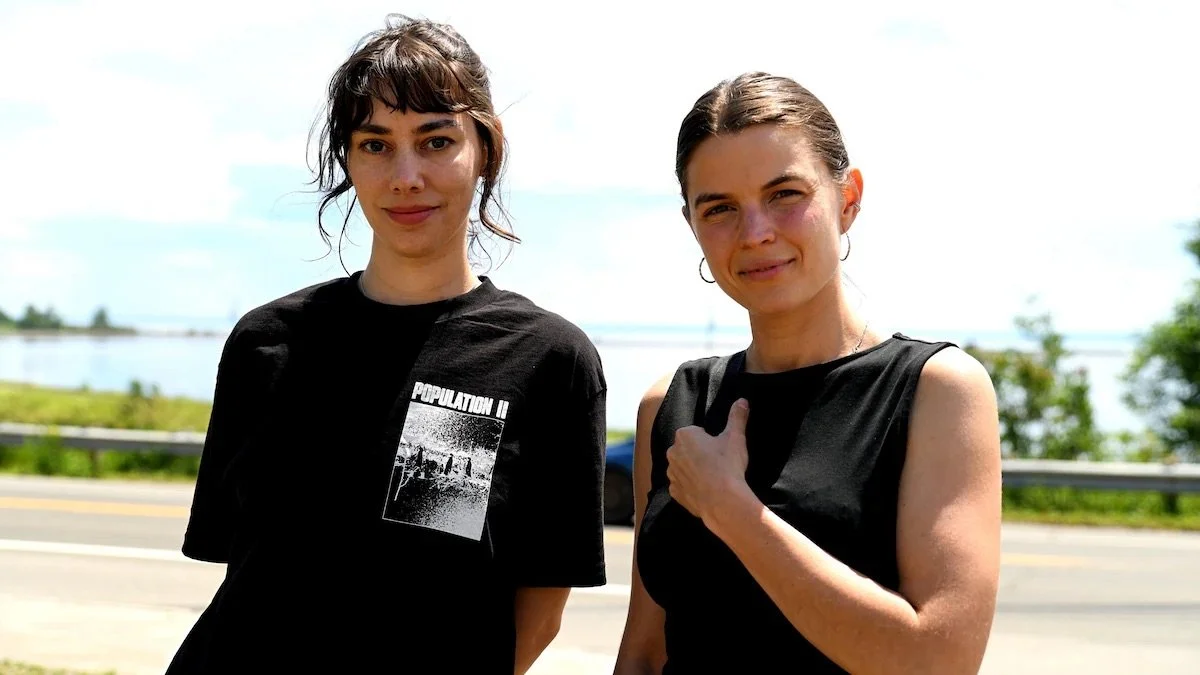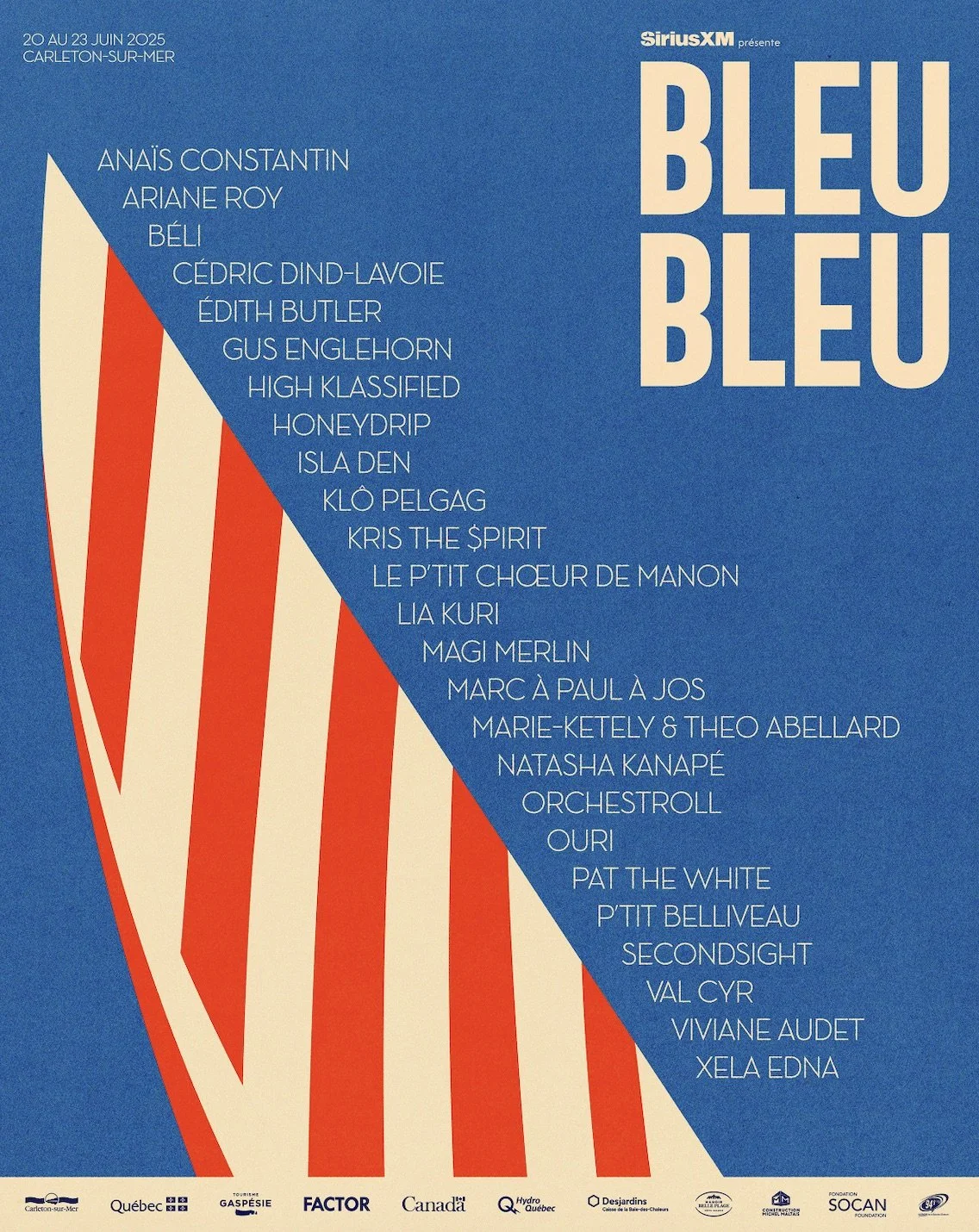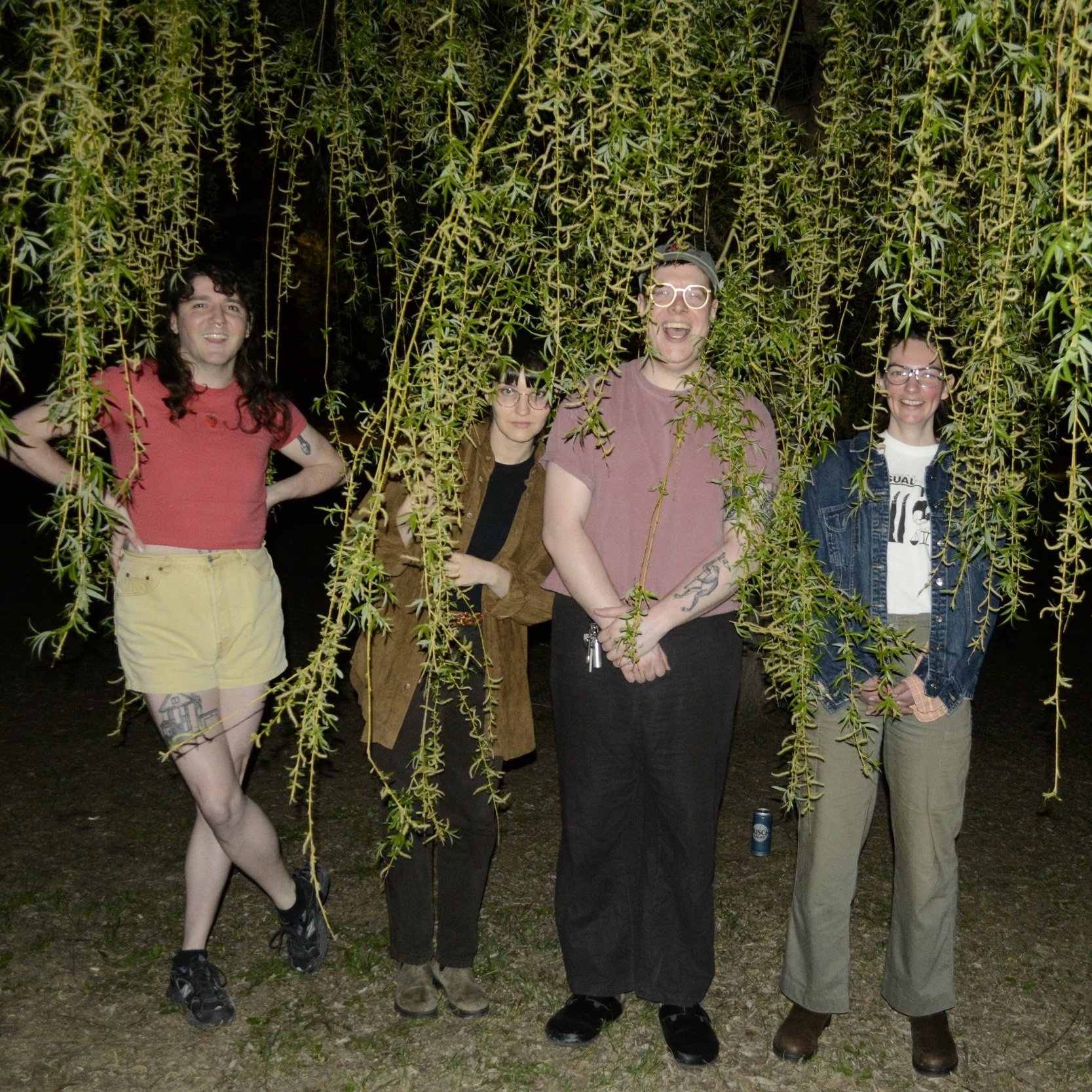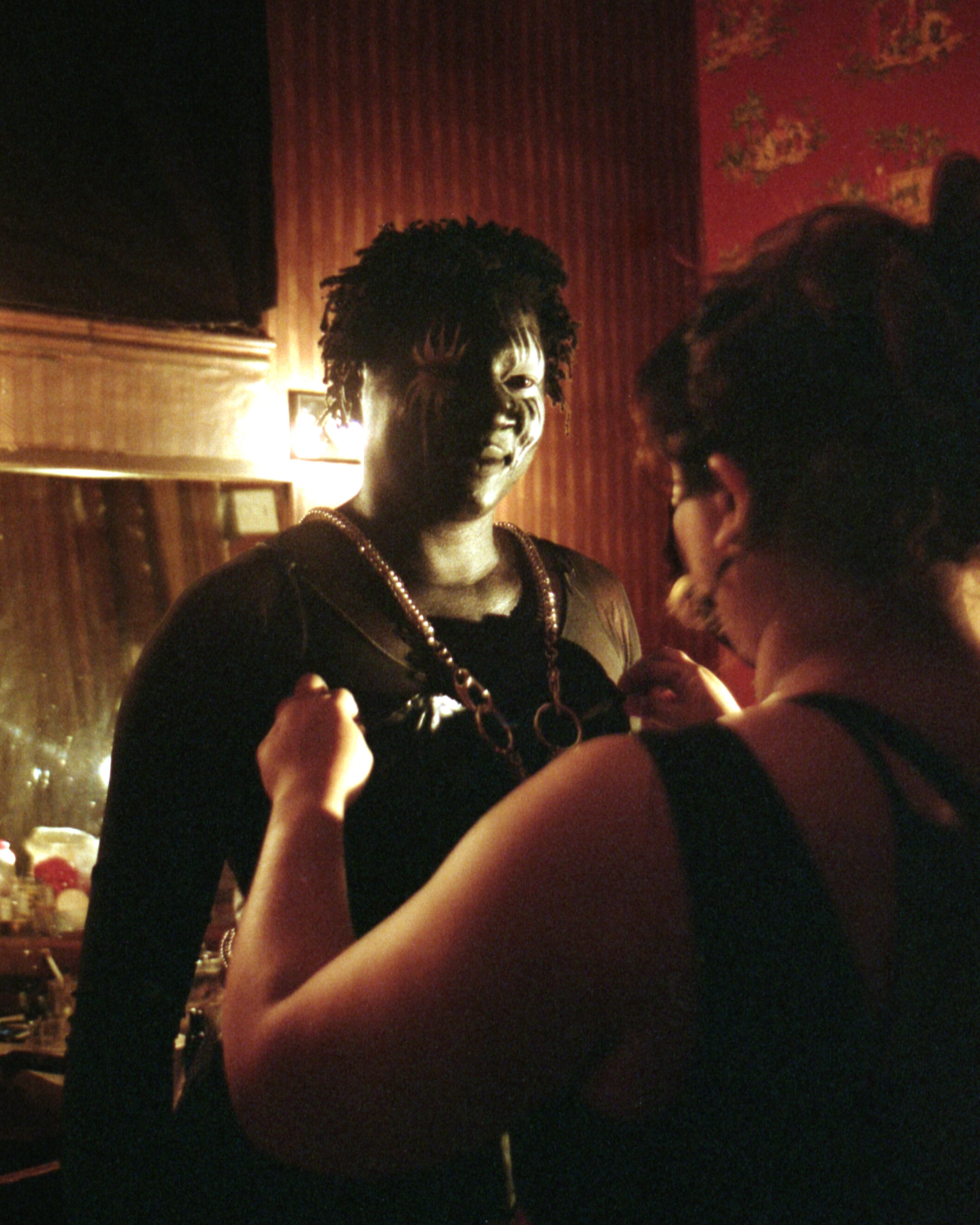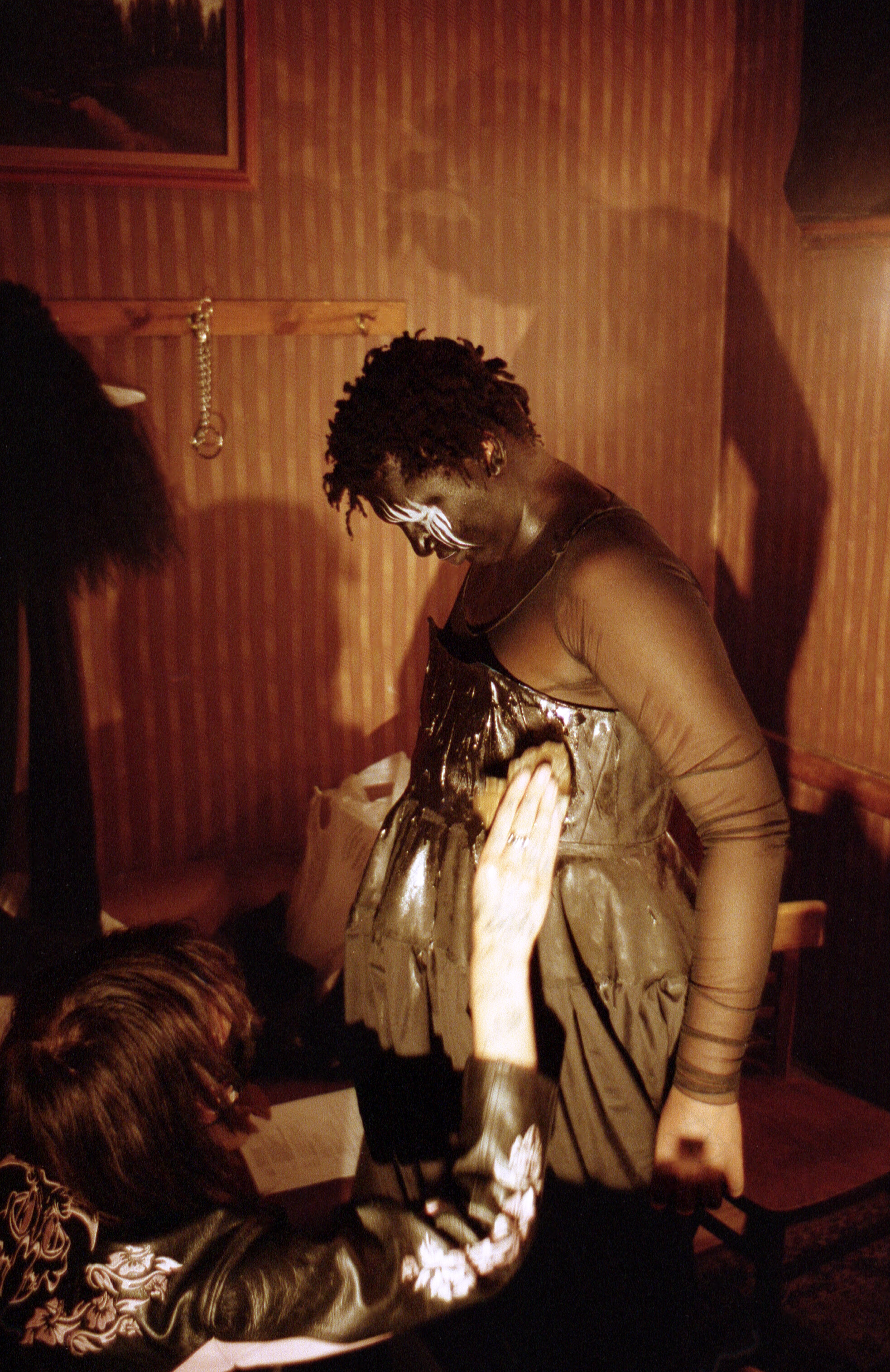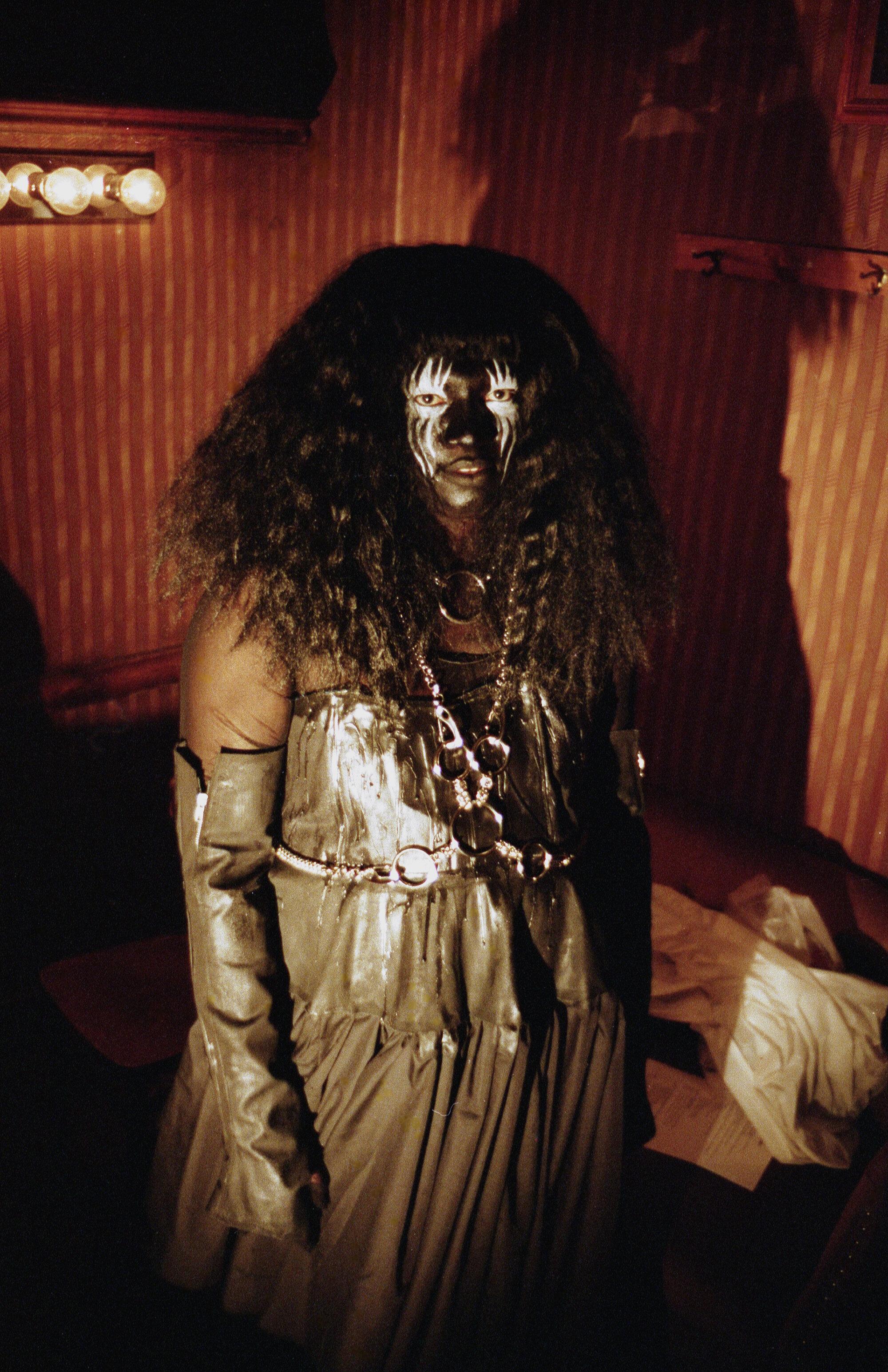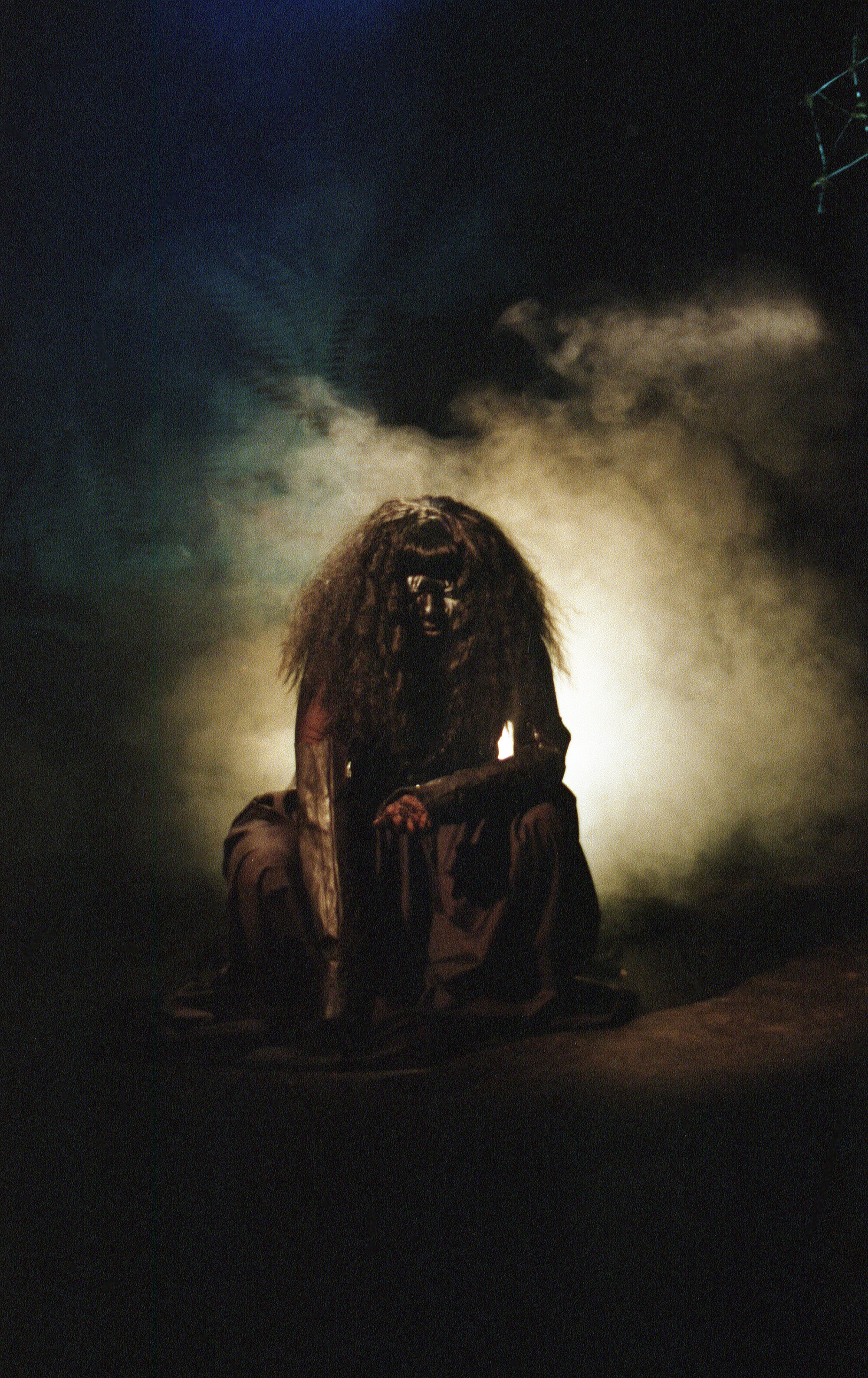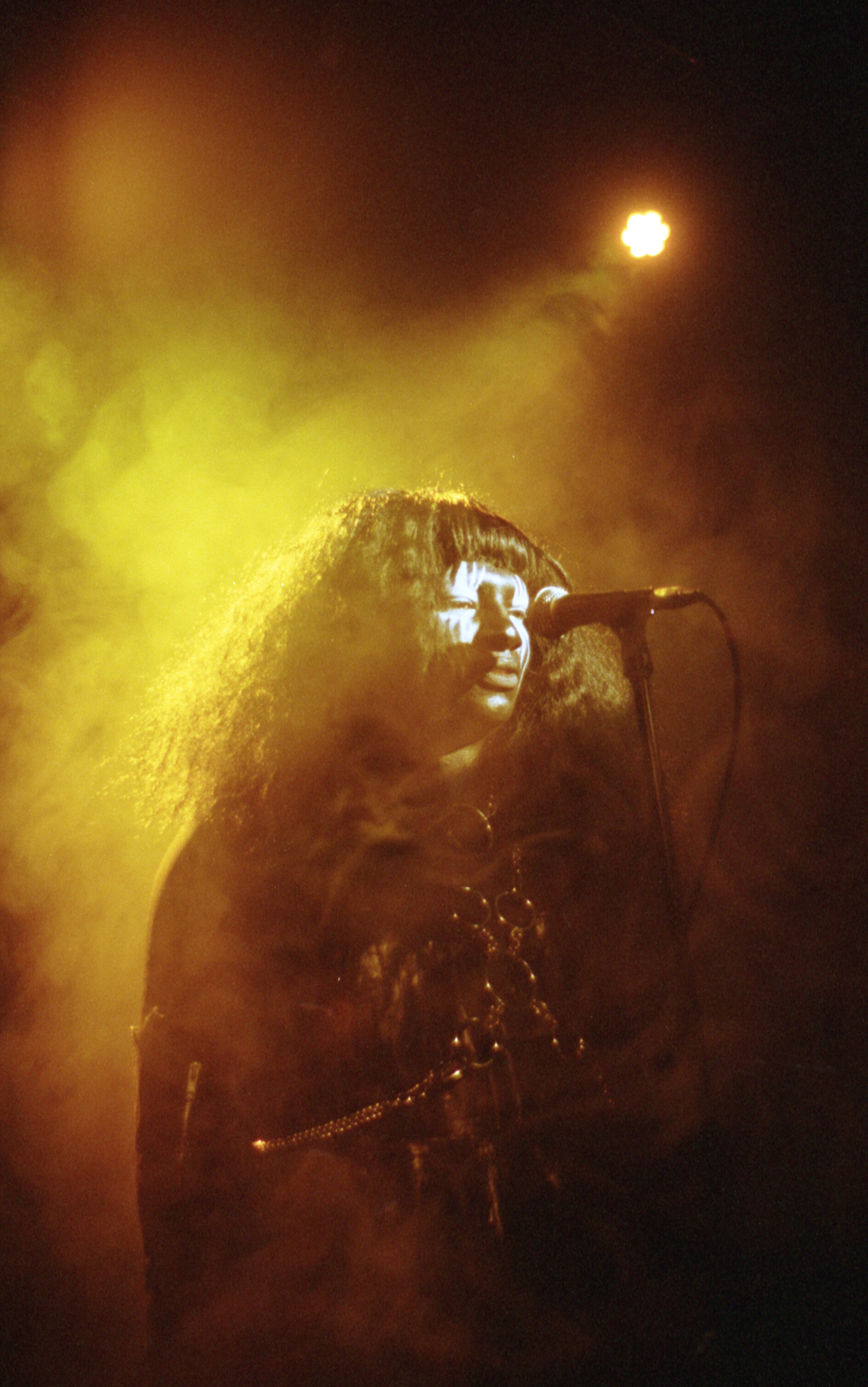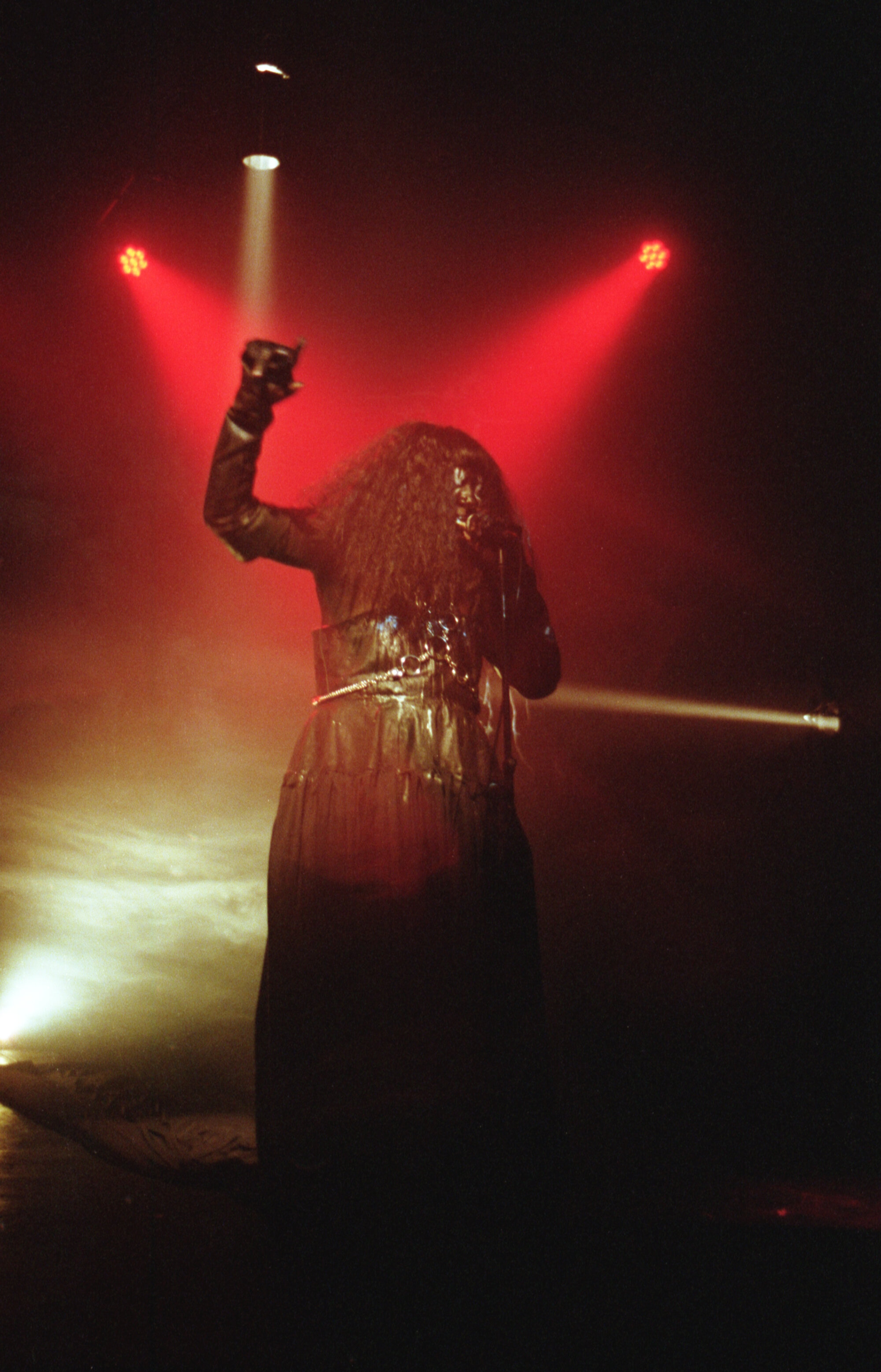Interview: The Return of Montreal's Suoni Per Il Popolo is an Intergenerational Celebration of Musical Escape
Suoni Per Il Popolo 2023 poster
Montreal’s world-renowned experimental music and art festival, Suoni Per Il Popolo, returns from June 1st to 23rd, 2023. The 23rd edition of the festival plans to animate the city’s beloved venues as a homecoming for music-makers, composers and the sonically curious. From the festival’s Plateau-bound nebulous and beyond, festival goers can expect a profusion of over fifty intimate concerts from local, national and international artists, and genre-defying programming spanning free jazz, avant-rock, noise/post-punk, avant-folk, afro-futurism and more. Along with concerts, the festival features sonic meditations, exhibitions, screenings, comedy shows, parties and a street fair.
In anticipation of this year’s festival launch, we caught up with Kiva Stimac, Suoni Per Il Popolo’s co-founder and co-owner of Casa del Popolo and Sala Rossa.
On this year’s edition, Stimac reiterates the significance of Suoni’s avant-garde programming as a means of community restoration:
“With regards to anything in arts presentation right now, we have to consider the power and importance of music and creativity in healing from the turmoil of this global pandemic. What I’ve always looked for in experimentation and play is the questioning and liberation that you get from not only being a musician, but an audience member as well.”
Along with fellow festival co-founder and business partner Mauro Pezzente (Godspeed You! Black Emperor), Stimac established Casa del Popolo and Sala Rossa, two pillar venues in Montreal’s music scene. Acting as the festival’s homebase since its foundation, Stimac says their atmosphere brings Suoni’s values to life.
“As venues and as places, it has always been really important that we serve food and drink that is delicious and that when artists come, we provide them with a good stage and good lighting…and somewhere to stay in a really familial way! [Pezzente] is a musician and I’m a chef and a visual artist, so our model is based on both of us being artists and wanting to invite artists that we love to our home to celebrate and create with us.”
While Suoni has expanded since its humble beginnings of “beer sales and selling sandwiches,” its DIY ‘til death mentality remains, with all of the festival operations continuing to happen behind the scenes at Casa and Sala on St Laurent boulevard. Likewise, the project continues to be funded by grants and unique collaborations, which Stimac feels fuels, rather than limits, Suoni’s spirit year after year.
“Though we have a limited budget, it forces us to look for money in other ways for special projects to do with artists. Like grants to fund local and international artists coming together to create a project,” identifies Stimac. “For example, this year we’re doing a deep listening sound walk with Pauline Oliveros’ life partner, IONE. It’ll be led by Ayelet Gottlieb, an Israeli-Canadian deep listening practitioner and vocalist,” she adds. “This makes it so there’s a multitude of ways you can experience the festival: You could go to a free meditation, a film screening, or a deep listening mountain walk, and then come to a performance.”
Suoni Per Il Popolo 2023 poster
Of course, Suoni’s “by artists, for artists” grit has also willed its vibrant and off-beat curation. This has set the festival apart since day one, making it the premiere event for testing boundaries through music. At the same time, Stimac and her team’s willingness to take creative risks with their programming set an interesting precedent for Montreal, which hasn’t always been the hub for out-of-town acts we know today.
“When Casa del Popolo opened in 2000, a lot of artists were actually skipping Montreal on their tour routes,” she articulates. “So, people would play Toronto… and they would play Boston… And eventually, [my partner] Pezzente reached out to his agent, who was managing a bunch of cool artists at the time, and was like, ‘Why aren’t these bands coming to Montreal? Why don’t we try having them come to Montreal?’”
From this phone call, Stimac and Pezzente went on to put together their first show with Scottish indie rock group Arab Strap at the newly opened Casa del Popolo. To their surprise, it sold out in 10 minutes.
“From that show and eventually starting to program at Sala Rossa across the street, we realized there was a demand for international touring artists here. Another major incentive [to book these acts], especially in the experimental and avant-garde worlds, was to invite them to Montreal in the first place.”
This effort has remained integral to Suoni’s raison d’être, and a way for communities, both local and international, to work together and “transgress the physical space” through creative innovation, according to Stimac.
While the definitions of experimental and avant-garde have evolved throughout the years, Stimac maintains that Suoni attendees can still anticipate generations coming together to appreciate underground and outsider art.
“The size of our rooms limit you to new and up-and-coming artists, or unheralded elders at the end of their careers. This year, we have three different groups performing who are in their eighties—and on the other end of the spectrum—local groups in their twenties performing and a piano recital for young kids who are just starting out. Inviting all ages has always been important to me because you can see the trajectory of their career, and that is impactful to so many.”
Likewise, the intergenerational aspect of the festival remains integral for Stimac, due to the universally transformative power of music.
“The release of listening to or making music can really heal trauma, and that’s the music I’m drawn towards. Whether it be the free jazz of my dad’s generation or the punk rock music of my generation… Music is made for liberation,” she explains. “My vision for the festival has always been challenging revolutionary good times.”
Expand your listening palette and attend this year’s edition of Suoni Per Il Popolo. The festival kicks off June 1st at Casa del Popolo. Tickets are available online below. Follow Also Cool on socials for more festival updates and coverage in the coming weeks.
Festival Information
Suoni Per Il Popolo
Website | Instagram | Facebook | Twitter
Zoë Argiropulos-Hunter (she/her) is the co-founder and managing editor of Also Cool Mag. Aside from the mag, she is a music promoter & booker, and a radio host & DJ.

